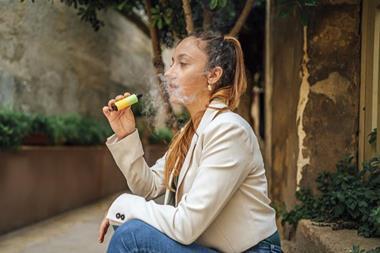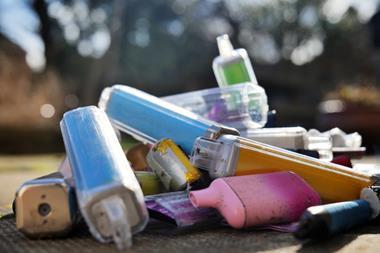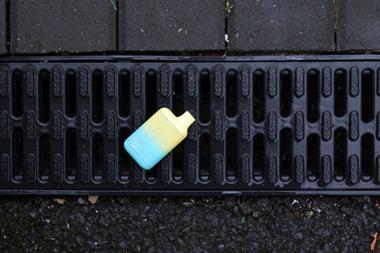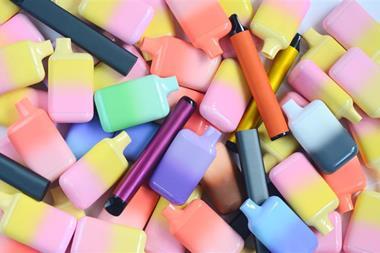Vape industry concern over disposable ban impact on smoking cessation
By Jake Kennedy2024-10-24T10:24:00

Smoking cessation and sustainability are key concerns for the vape industry as the new disposable ban date is announced
ALREADY HAVE A REGISTERED USER ACCOUNT? PLEASE LOG IN HERE
To read the full story join the ConvenienceStore.co.uk community today!
Registration is quick and easy and provides access to:
- Unlimited ConvenienceStore.co.uk articles
- Our great range of newsletters
- Content you’ve saved for later via the ‘my library’ feature
And much more…
Related articles
More from News
Unlimited Access + Newsletters
Register today to gain unlimited access to articles and to receive our great range of email newsletters.































